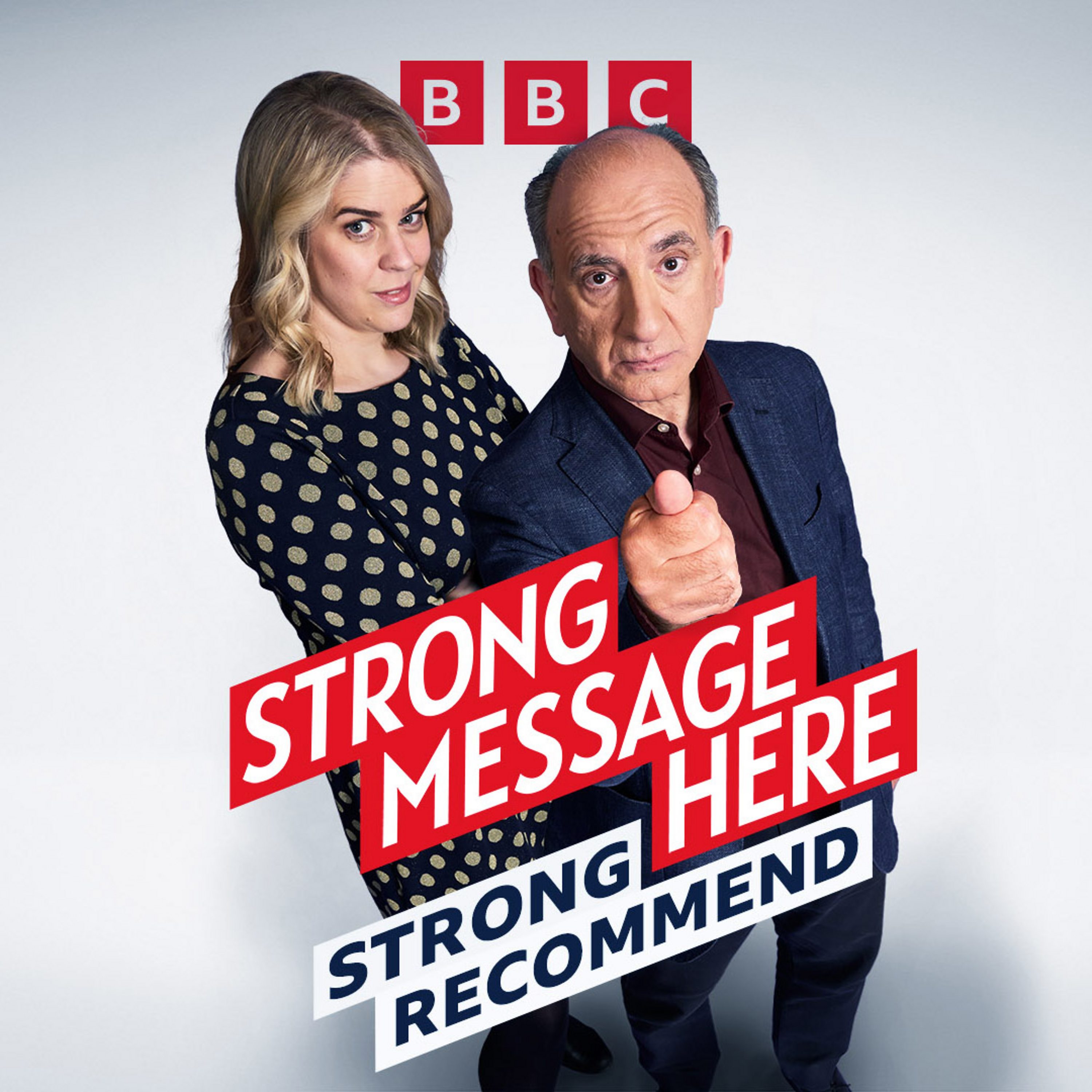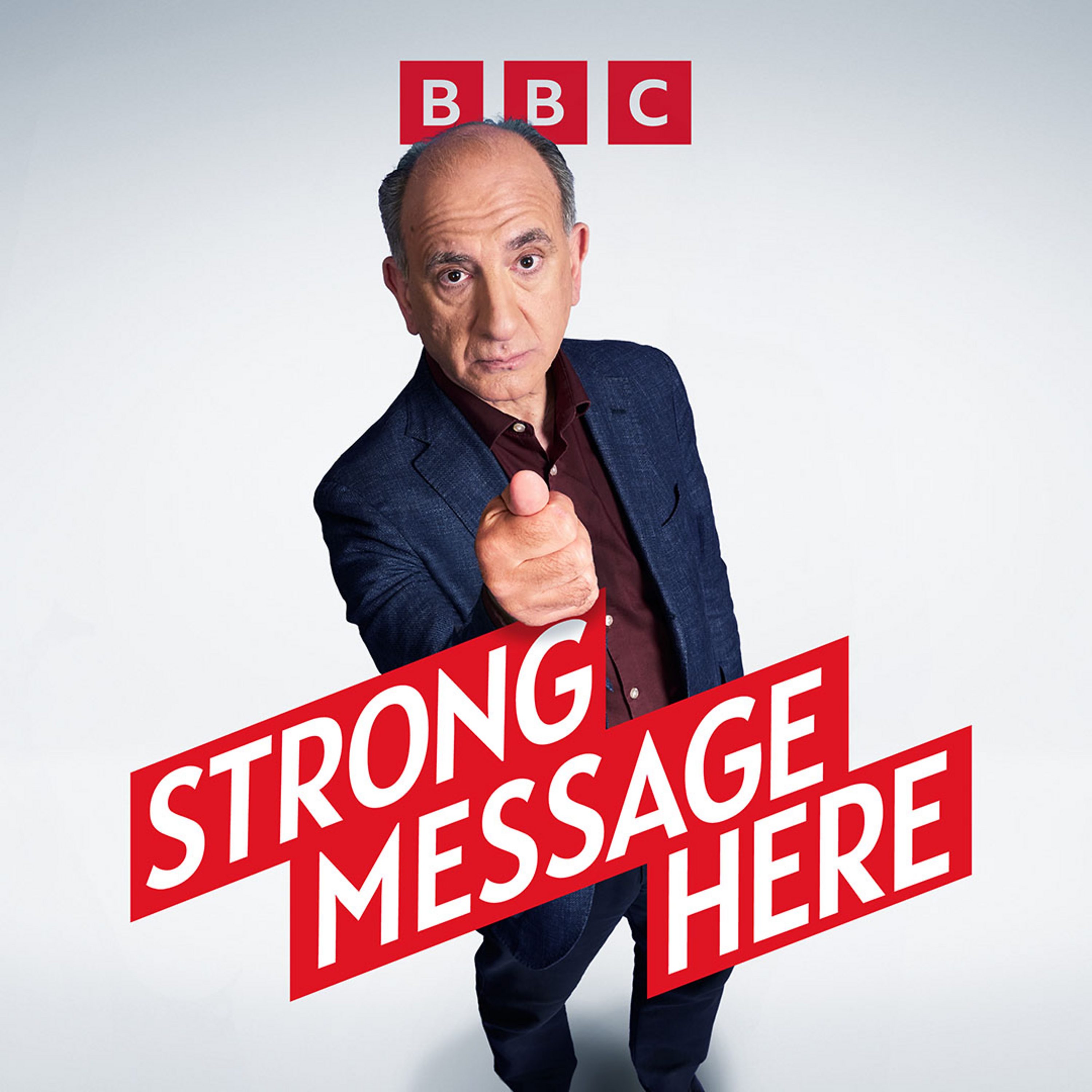Strong Recommend: The Contestant
In 1998, a Japanese man was filmed in solitary confinement for our entertainment. Naked as the day he was born, which led to his suggestive nickname, the Japanese people were gripped by Tomoaki Hamatsu's journey. Today, can we see how reality TV has infected our storytelling and our language? Whether it's someone in Big Brother proudly declaring they'll 'say it to your face' or an Apprentice-host-turned-President telling you 'you're fired' - are these reality shows replacing the art of storytelling?
And Armando asks 'what is structured reality?', 'What is America's Next Top Model, and, more generally, 'What?!'.
Join Helen and Armando over the summer for more cultural recommendations, available weekly on BBC Sounds.
Production Coordinator: Sarah Nicholls
Executive Producer: Pete Strauss
Sound Editing: Chris Maclean
Recorded at The Sound Company
Strong Message Here: Strong Recommend is produced by Gwyn Rhys Davies and is a BBC Studios production for Radio 4.
Press play and read along
Transcript
Transcript is processing—check back soon.

